In the Gulf region, increasing Iranian interference in the air and maritime domains, the proliferation of combat arms to non-state actors, violent extremist activity, and strategic competition with Russia and China represent serious and persistent threats to regional security. These issues, coupled with a US shift in focus to the Indo-Pacific, bring to the fore an old question of how to best protect US and partner interests in the region, particularly as America reduces its presence. The military capabilities to protect oil tankers and other vessels have improved vastly since the re-flagging of Kuwaiti tankers in 1987 and 1988. However, through its threat network and asymmetric capabilities, Iran is poised to remain an enduring threat to regional stability. Policymakers must seriously consider a leading role for Gulf states in providing for their own security, with US support. Despite considerable investments in defense and security, it does not appear that Gulf states are yet prepared to take on this responsibility. It is in the United States’ best interest to work more effectively with its Gulf partners to fundamentally change this. Our team of experts, whose US government experience includes senior roles at the Department of Defense, Department of State, White House, and Intelligence Community, seeks to shape this new, enduring strategy, with an eye on sustainable success in protecting both US and partner interests in the Gulf.
| Participants | |
| LTG (Ret.) Mick Bednarek Former Chief of the US Office of Security Cooperation in Iraq; Former Commander of the US First Army | Simone Ledeen Former Deputy Assistant Secretary for Middle East Policy |
| Dr. Michael S. Bell Professor, Near East South Asia Center for Strategic Studies, National Defense University | Hon Mary Beth Long Former Assistant Secretary of Defense for International Security Affairs |
| Hon R. Clarke Cooper Former Assistant Secretary of State for Political-Military Affairs | VADM (Ret.) Fozzie Miller Former Commander US Naval Forces Central Command/Combined Maritime Forces/US Fifth Fleet |
| VADM (Ret) Kevin M. Donegan Former Commander US Naval Forces Central Command/Combined Maritime Forces/US Fifth Fleet | RADM (Ret.) Mark Montgomery Former Policy Director US Senate Armed Services Committee |
| Andrew Exum Former Deputy Assistant Secretary of Defense for Middle East Policy | VADM (Ret.) Peter Neffenger Former Vice Commandant US Coast Guard Former Administrator US Transportation Security Administration |
| Amb (Ret.) Tom Krajeski Former US Ambassador to Bahrain and Yemen | CSM (Ret.) Cynthia A. Pritchett Strategic Planner and CENTCOM Liaison, Near East South Asia Center for Strategic Studies National Defense University |
| Amb (Ret.) Greta Holtz Former US Charge d’Affaires in Qatar and former US Ambassador in Oman | Norm Roule Former National Intelligence Manager for Iran |
| LTG (Ret.) Charles Hooper Former Director Defense Security Cooperation Agency | Amb (Ret.) Justin Siberel Former US Ambassador to Bahrain |
| LTG (Ret.) Michael Nagata Former Director of Strategy National Counterterrorism Center Former Commander USSOCOM-Central | Matt Spence Former Deputy Assistant Secretary of Defense for Middle East Policy |
| Amb (Ret.) Richard LeBaron Atlantic Council Nonresident Senior Fellow; Former US Ambassador to Kuwait |
| Atlantic Council Team |
| Kirsten Fontenrose Nonresident Senior Fellow, Scowcroft Middle East Security Initiative Atlantic Council Former Senior Director for the Gulf National Security Council |
| Tom Warrick Non-Resident Senior Fellow Atlantic Council Former Deputy Assistant Secretary of Homeland Security for Counterterrorism |
| William F. Wechsler Director, Rafik Hariri Center and Middle East Programs Atlantic Council Former Deputy Assistant Secretary of Defense for Special Operations and Combatting Terrorism |
| Commander Daniel Vardiman Senior US Navy Fellow, Scowcroft Center for Strategy and Security Atlantic Council |
| Caroline Donnal Former Consultant, Scowcroft Middle East Security Initiative Atlantic Council |
Featured content
All content

Through our Rafik Hariri Center for the Middle East and Scowcroft Middle East Security Initiative, the Atlantic Council works with allies and partners in Europe and the wider Middle East to protect US interests, build peace and security, and unlock the human potential of the region.
Sign up for all the latest updates!
Sign up for the MENASource newsletter, highlighting pieces that follow democratic transitions and economic changes throughout the region.
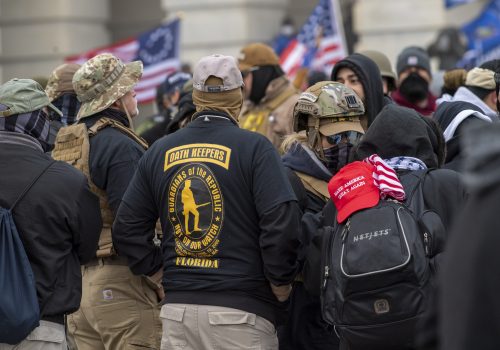
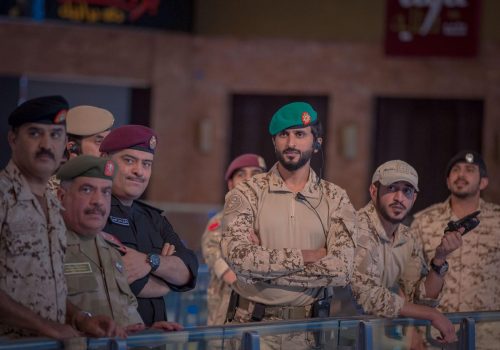
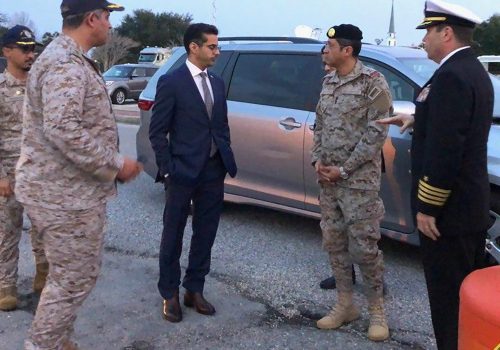
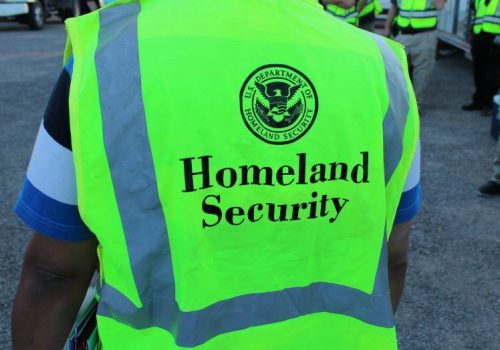
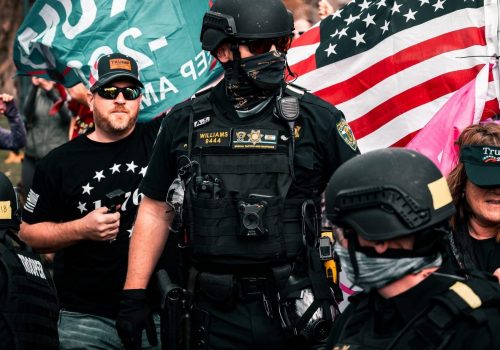
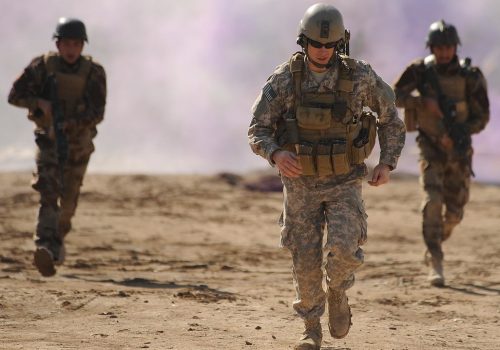
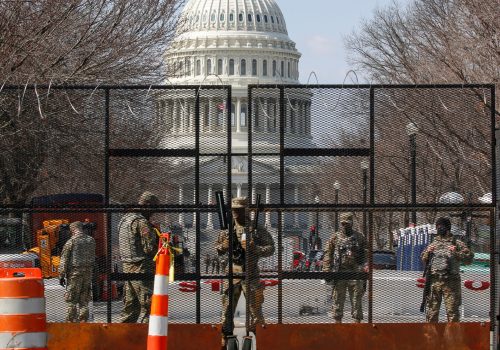
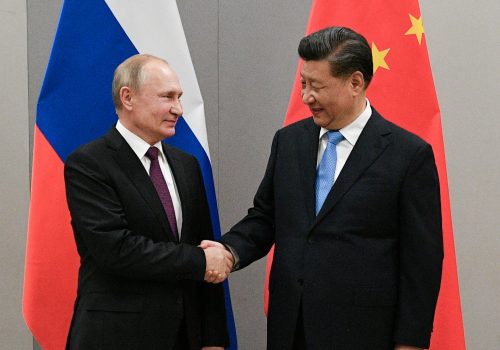
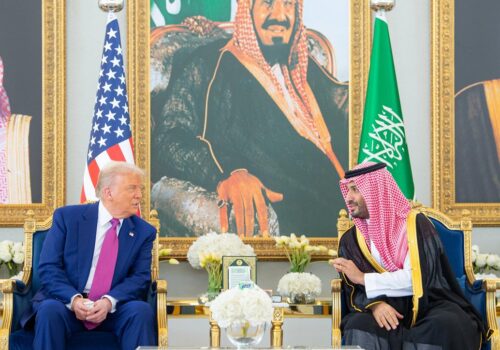
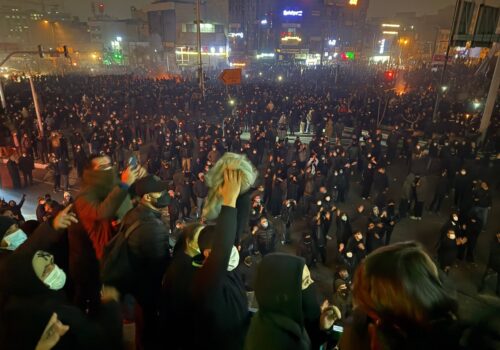
Join the conversation